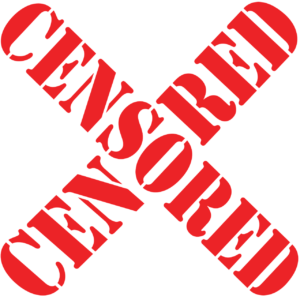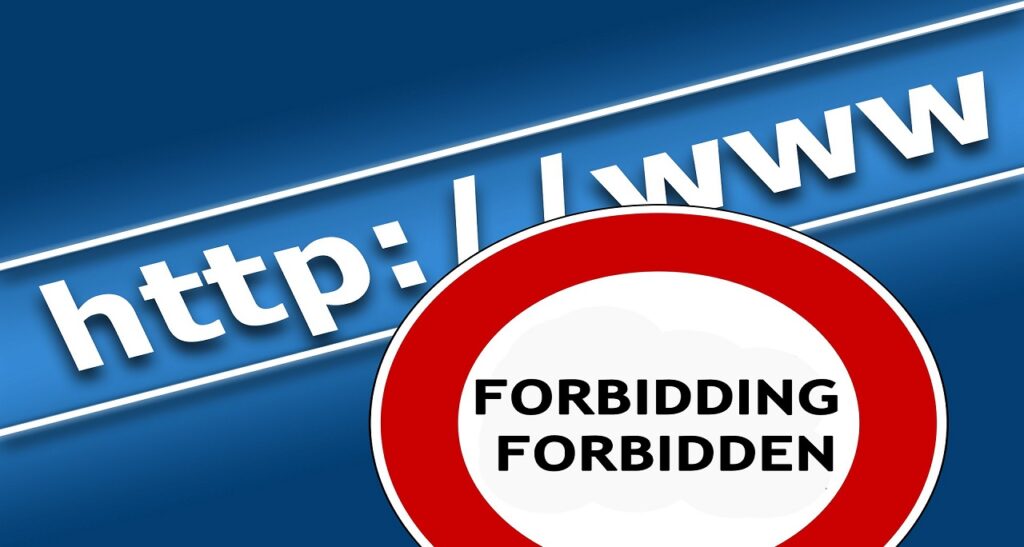Over the years, Russia has used internet censorship to push its agenda. Internet censorship is a common tool used in the 21st century to regulate and suppress access to certain content on the internet. While censorship is not bad when used moderately, it can be detrimental when used excessively.
Some common roles of censorship are;
- Blocking harmful content like child pornography, fake news, and harmful or traumatic information.
- Blocking malicious software such as cyberwarfare tools.
Notably, the internet is free and no one owns it. Ergo, any organization or government can enforce its policies pertaining to its usage. In the Web2 era, there is much information available on the internet and moderate censorship is pivotal to protect users.
Notwithstanding, governments that wish to spread or block certain information can suppress information available to their citizens. Apart from Russia, other countries that impose tough internet censorship measures include China, Zimbabwe, North Korea, Eritrean, Saudi Arabia, Iran, Vietnam, Belarus, Equatorial Guinea, Cuba, and Turkmenistan.

In 2019, the Russian government passed the
Sovereign Internet Law that seeks to ensure;
- The compulsory installation of technical equipment for counteracting threats
- Centralized management of telecommunication networks in case of a threat and a control mechanism for connection lines crossing the border of Russia
- The implementation of a Russian National Domain Name System (DNS)
The law gives the government absolute control of internet access in Russia and can censor the internet at will. Most regulations stipulated in this law never took effect due to trade issues. Many tech giants operate in Russia – at least before the war in Ukraine and enforcing such regulations may force such firms to exit the market.
Now that sanctions on the Russian economy have led to the departure of biggest tech giants from Russia, Putin’s regime is expected to enforce tougher censorship measures. After all, the law is already in place.
Since the war began, Russia has been marred with several protests in various parts of the country. In that regard, censorship has reached new heights in the quest to prevent the public from accessing information about the war.
Through censorship, the government can control what the public reads and watches. Ergo, the government has a perfect opportunity to spread propaganda about the war. In case you are wondering, propaganda is crucial in times of war to;
- Convince the public why the invasion was necessary.
- Prevent civil unrest.
With Russia isolated from the open internet, it is impossible for Russians to freely express their views over the internet. President Putin has blocked several social media apps as part of its ongoing crackdown on platforms spearheading “misinformation”.
Facebook was the first social media platform to be axed from Russia. The regime then proceeded to block Instagram and partly block Twitter. It is just a matter of time before YouTube, TikTok, and other social networking platforms are removed.
Even though the Chinese government censors its internet, the country has a vibrant domestic tech industry. On the other hand, Russia lacks a strong domestic tech industry which means the country may suffer greatly from isolation from the global tech market.

